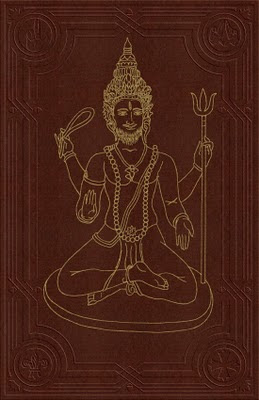One general comment I will make about Ancient Faiths embodied in Ancient Names, though. Despite the great level of learning and ingenuity displayed, it is as a whole a polemical and not a scholarly work. Leaving aside the repetitive rants into which many of the longer articles degenerate, for much of it the Doctor appears to have had in mind some actual or hypothetical opponent who believed in the literal truth and divine inspiration of the Bible as its text now stands, the unitary authorship of the Pentateuch, &c., &c. To this end he frequently employs what might be called "irony"; rather than attack these premisses directly, he attempts in places to show that they lead to contradictions and absurdity, or at least to other consequences, such as implying things about God that he assumes his opponent would be unwilling to accept. Hence there are passages which appear to start from the assumption that this or that biblical personage was a real person who bore the name assigned them in the narrative from infancy (usually in order to argue against the interpretation of that character's name found in the standard Hebrew-English lexicons), interspersed with others which treat the narrative as at best false and propagandistic as to details and at worse entirely mythical, or fabricated to suit the interests of one or another priesthood.
Another point to consider when noting apparent contradictions in this book, is this: Inman was writing long before the age of desk-top publishing. Setting a book of 1800 octavo pages up in type is not a quick or simple task, and once a section of the book had been typeset, it would not have been as straightforward a task to change it as it would be to go back and change a document in a word processor. Inman's ideas and views continued to develop and in some respects change over the course of however many years he was working on Ancient Faiths (a paper on aspects of his theories in regard to English personal names was presented to the Liverpool Literary and Philosophical Society in February 1866, and printed in vol. XX of the Society's Proceedings), and even after vol. 1 had been printed.
Another point to consider when noting apparent contradictions in this book, is this: Inman was writing long before the age of desk-top publishing. Setting a book of 1800 octavo pages up in type is not a quick or simple task, and once a section of the book had been typeset, it would not have been as straightforward a task to change it as it would be to go back and change a document in a word processor. Inman's ideas and views continued to develop and in some respects change over the course of however many years he was working on Ancient Faiths (a paper on aspects of his theories in regard to English personal names was presented to the Liverpool Literary and Philosophical Society in February 1866, and printed in vol. XX of the Society's Proceedings), and even after vol. 1 had been printed.


